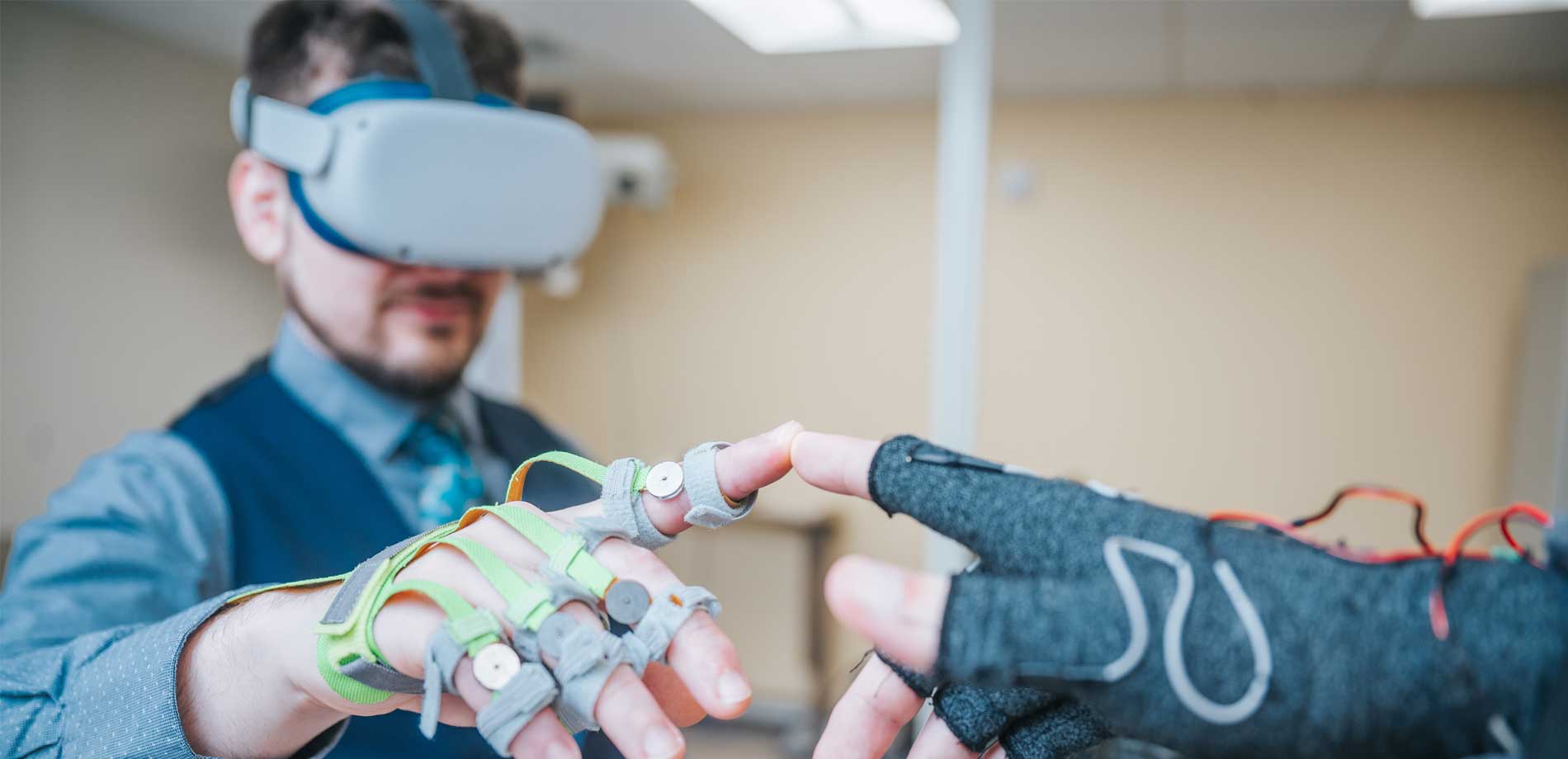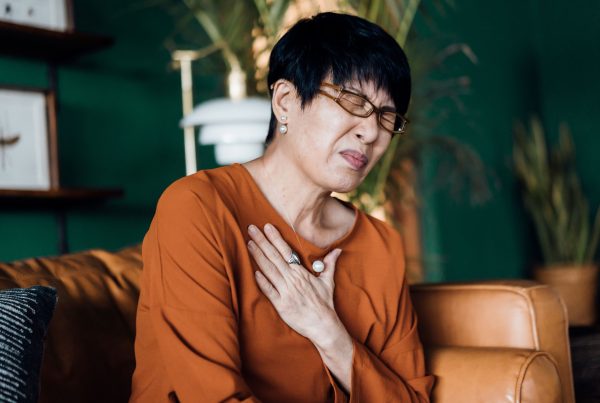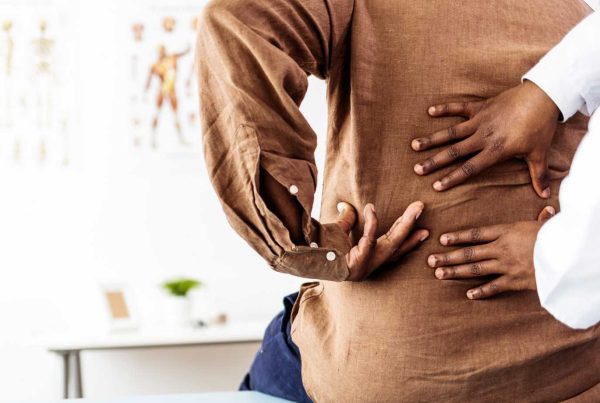The experts in our Rehabilitation Institute are known as some of the best caregivers in the nation, but they’re also changing the landscape of clinical care through groundbreaking research.
Rehabilitation is a critical step in recovery, so where you go and who you work with matters for your long-term results. And it can be a tough journey—you’ll be working hard every day you’re there. At MetroHealth, we have the expertise—and the compassion—to help you or your loved one through the process physically, emotionally, and socially for the best outcome possible.
Most individuals who receive care at The MetroHealth Rehabilitation Institute learn about the Department of Physical Medicine & Rehabilitation (PM&R) from interacting with our amazing staff of therapists, nurses, physicians, and administrative employees.
But other members of the Department of PM&R also play a role in the care and recovery of our patients, and those with disabling conditions. They are the people whose research findings often are instrumental in transforming clinical care.
The Department of PM&R at MetroHealth and Case Western Reserve University
“It is a testament to the strength of the Department of PM&R that our engineers, scientists, and clinician researchers continue to be awarded such tremendous funding support,” said Richard Wilson, MD, Interim Chair, Physical Medicine and Rehabilitation and a nationally renowned clinician scientist specializing in stroke rehabilitation. “All of the work we do here is about improving the quality of life of patients with disabilities.”
“The research being conducted here is extraordinary, and many people aren’t aware that it is happening here in Cleveland,” said Dr. Wilson. “We’re providing advanced treatments and therapies thanks to the years-long efforts that began in Cleveland. Importantly, it’s not only our patients who benefit, rather this research reaches patients throughout the US, and beyond.”
Here are just a few examples of the work at MetroHealth and Case Western Reserve that’s supported by NIH grants:
- Developing an implanted stimulation system that would activate the weak muscles of stroke survivors and restore their ability to walk after a stroke. Researchers are developing ways to coordinate assistance with the way people move, then evaluating whether the device improves walking ability.
- Improving how to measure in real time the extent of heart disease in patients. Researchers are exploring the use of new biosensor readings and electrophysiological measurements. If this approach is successful, it could lead to a new method that works better than conventional treatments, some of which have side effects and which don’t always work in certain patient populations. The creation of a customizable, adaptable, patient-specific intervention could automatically adapt to a person’s condition over time.
- Developing and testing a device to restore effective cough in those with spinal cord injury. The spinal cord stimulation is being developed with a biomedical company. If it successfully activates the abdominal muscles, the use of the device in patients could lead to a reduction in respiratory tract infections and improved quality of life for those people with paralyzed abdominal muscles.
And preliminary findings from other research are yielded promising results. Some examples:
- Using a combination of electrical stimulation and a motorized knee brace to replace lost muscle function, a stroke survivor was able to walk 1.5 miles in a single session.
- A prototype for a new implantable stimulation system has been developed to give people with spinal cord injuries better bladder and bowel control.
“The researchers in the MetroHealth Rehabilitation Institute are global leaders in developing innovative treatments to improve the lives of those with disabling conditions, and they take pride in ensuring that their work reaches the patients who can benefit,” Dr. Wilson said.











